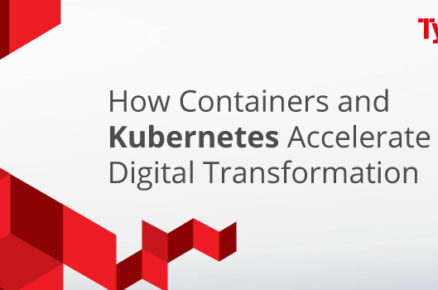Blockchain technology is steadily making its presence felt through decentralization, unchangeability, security, and transparency. It is helping industries to work with these elements and bring out the efficiency in more than one way. Just like all other sectors, blockchain can allow these necessary work elements to flow into the media and entertainment industry as well. Let’s find out how blockchain is making a difference in the industry.
There’s no need for middlemen
Content creators such as musicians or writers can directly distribute their work to consumers with the help of the decentralized structure of blockchain. This way they can elude the conventional distribution channels and keep a larger share of revenue for themselves. With the help of this blockchain structure, both large media houses and independent bloggers can benefit enabling artists to form a direct relationship with consumers.
Pay only for what you see
The blockchain-powered micropayments allow consumers to pay as per their consumption and not for the entire subscription. The model of micropayment pricing would normally be inefficient to implement, but with the help of blockchain, its execution could be fully automated and cost-effective.
No digital rights issue
In the media industry, there could be ownership rights issue that may give rise to scuffles.
Here, blockchain with its unshakeable record keeping and decentralized nature can offer a solution to the problem of digital rights. Mediachain combines blockchain infrastructure with content ID tech similar to that found in a Google image search to create a ‘universal media library’ in which the ‘author and story’ behind a piece of content can be found.
Transparency can be achieved
When blockchain-hosted content is purchased, subscribed or shared further, content owners can track and charge a fee for that distribution. This will create an additional revenue stream for content creators along with providing better transparency on how copyrighted assets are consumed and shared in the market.
Distribution of royalty
The smart contracts built on a blockchain and attached to a given piece of music, for instance, can add precision, speed and trust to the process by executing contract terms automatically among eligible parties. This will provide a more accurate tracking of a song’s usage, quicker royalty payments and more transparency over contract terms and the division of revenue among artists and other stakeholders.
With these exciting applications to solve industry problems, blockchain is here to stay and change the sector for better in the upcoming time.












